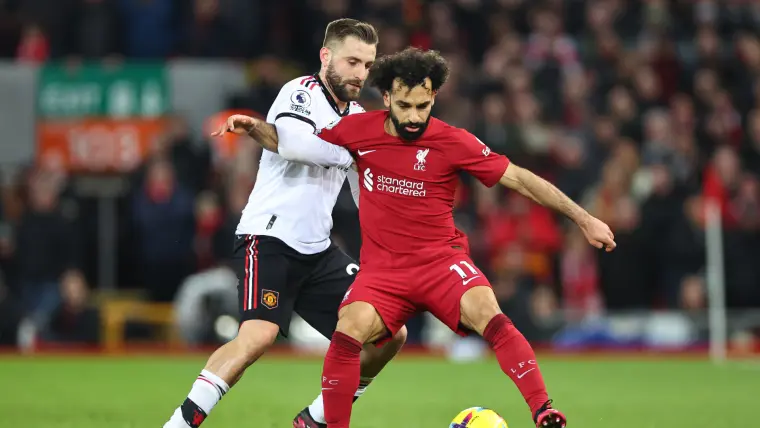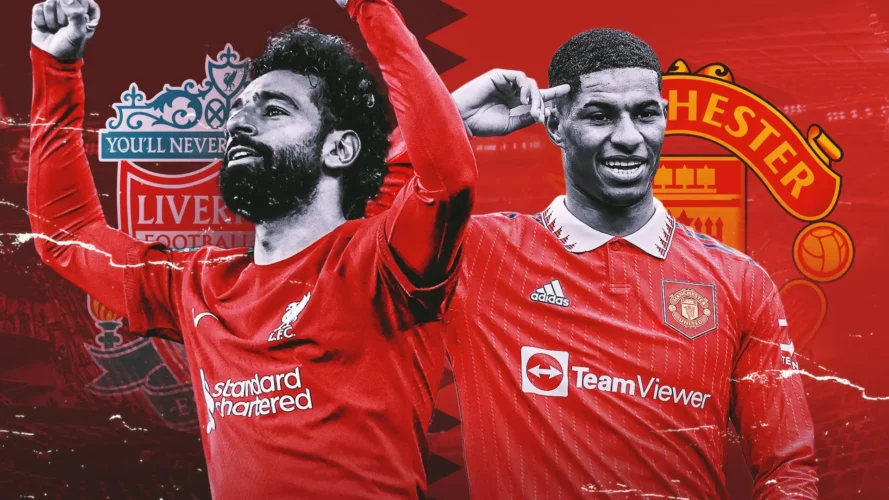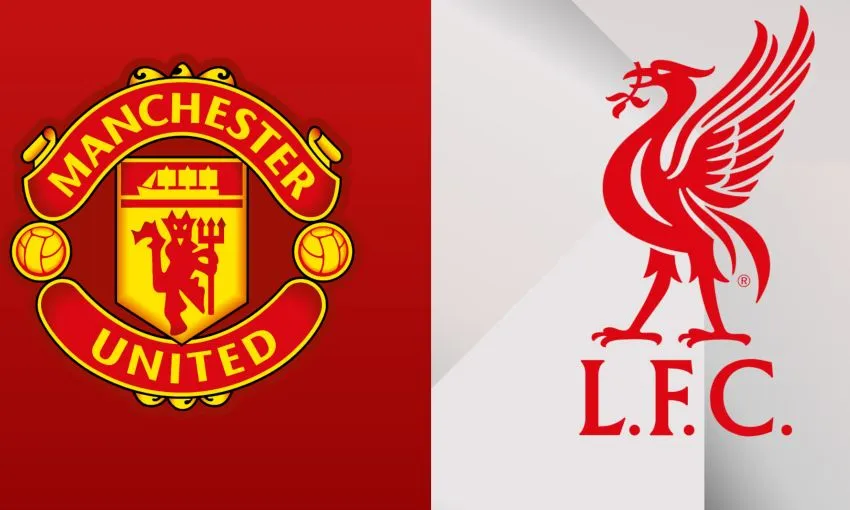The Football Association Challenge Cup, more commonly known as the FA Cup, is an iconic institution in the realm of English football. With a rich history dating back to its inception during the 1871-72 season, it holds the distinction of being the world’s oldest national football competition. Organized and named after The Football Association (The FA), the FA Cup is much more than just a sporting event; it’s a celebration of the beautiful game that has captured the hearts of football enthusiasts around the world.
The Structure of the FA Cup
The FA Cup is a knockout competition, where the fate of teams is decided with each match. It welcomes a wide array of football clubs, making it a truly inclusive event. The competition is open to all eligible clubs down to Level 9 of the English football league system. The journey begins in August when non-league and amateur teams enter the draw, striving for a shot at glory. However, it’s in January, during the third round, that the heavyweights like Manchester United, Chelsea, and Liverpool enter the fray.
The FA Cup draw is a highly anticipated and televised event in the English football calendar. It is a moment that fans, players, and managers eagerly await, as the draw is known for its unpredictability and surprises. Conducted by various celebrities, the draw adds an element of excitement and anticipation as the footballing world waits to see which underdog will have the chance to upset the giants.
The FA Cup Prize Money
One of the fascinating aspects of the FA Cup Prize Money it offers to participating teams. This financial reward serves as an additional incentive for clubs, and the distribution of these funds is intricately linked to their performance in the competition.

The total prize money for the FA Cup in 2023 is projected to be a staggering £40 million, solidifying its status as one of the most lucrative tournaments in rugby history. The allocation of this substantial prize fund ensures that teams are not only motivated to participate but also to excel at each stage of the competition.
The winners of the FA Cup receive the largest portion of the prize money, making their journey to the final even more rewarding. Runners-up, semi-finalists, and quarter-finalists also receive substantial shares of the fund, which not only provides a financial boost but also contributes to the prestige and importance of the tournament. This distribution ensures that all participating teams have a tangible incentive to perform at their best, adding an extra layer of excitement to each match.
Historical Upsets: The Magic of the FA Cup
The FA Cup is renowned for its magic, and its history is dotted with David vs. Goliath moments. The competition’s open nature allows teams from lower divisions to dream big and challenge their higher-division counterparts. Some of the most iconic upsets in FA Cup History include:
- 1973: Wimbledon, then a non-league team, stunned the football world by defeating the First Division giant Liverpool 3-1 in the third round. This victory remains a testament to the FA Cup’s capacity to deliver astonishing surprises.
- 1989: Sutton United, another non-league team, etched their name in history by defeating First Division side Coventry City 2-1 in the third round. It was a reminder that, in the FA Cup, anything is possible.
- 2013: Luton Town, a League Two outfit, secured a historic 2-0 victory against Premier League side Norwich City in the fifth round. This match showcased the resilience and passion that are inherent in FA Cup fixtures.
These iconic moments are a testament to the allure and unpredictability of the FA Cup. They demonstrate that, regardless of the divisions and budgets, every club has a chance to experience glory and etch their name in the annals of football history.
The Significance of the FA Cup
The FA Cup holds immense importance for various reasons. Firstly, its status as the oldest national football competition in the world grants it a unique and cherished place in football history. Secondly, its openness to all clubs, irrespective of their size or financial resources, embodies the spirit of inclusivity in football.
One of the most significant aspects of the FA Cup is its reputation for upsets and its magical charm. It is the embodiment of the essence of sport, where underdogs can rise to the occasion and create moments that will be remembered for generations.
In addition to its historical and emotional significance, the FA Cup plays a crucial role in supporting the financial health of English football. The substantial prize money provides a lifeline to many clubs across various levels of the English football league system. It helps them invest in infrastructure, nurture young talent, and remain financially viable during challenging times.
Wrapping It Up!
The FA Cup stands as a symbol of the enduring magic of football. Its rich history, inclusivity, and capacity for surprises make it one of the most beloved events in the English football calendar. With a £40 million prize fund in 2023, it continues to be a driving force for clubs across England, offering not only a chance at glory but also a vital source of financial support.




